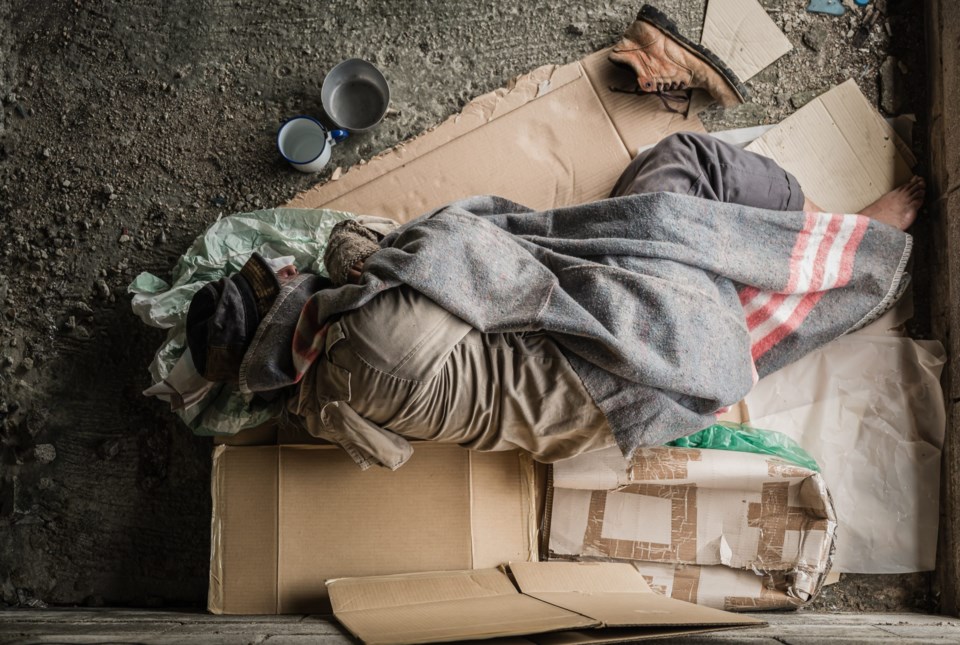On Feb. 2, 2023 the U.S. Department of Housing and Urban Development (HUD) announced it would grant $22.8 million out of its $315 million national award to the All Neighbors Coalition, a collective of more than 100 organizations collaborating to solve homelessness in Dallas and Collin counties. The first-of-its-kind package is intended to help communities implement coordinated efforts to end unsheltered homelessness.
“Homelessness is a crisis, and it is solvable. Housing with supportive services solves homelessness. That’s why for the first time the federal government is deploying targeted resources to meet the needs of people experiencing homelessness in unsheltered settings or in rural areas,” said HUD secretary Marcia L. Fudge. “With these grants and vouchers, HUD is filling this gap and giving communities the resources and tools to improve housing and health outcomes for people on the streets, in encampments, under bridges, and in rural areas.”
“As we have seen an increase in our chronically unsheltered population, our community set a goal to significantly reduce those numbers,” said Joli Angel Robinson, president and CEO of Housing Forward, in an official statement. “This award is a tremendous nod to the work of The All Neighbors Coalition as we continue to demonstrate that we are a system working together toward shared goals in our effort to find permanent solutions to ending homelessness.”
On Jan. 26, 2023, Housing Forward, a nonprofit organization focused on solving homelessness in Dallas and Collin counties conducted its annual homelessness and point-in-time count a data collection event to evaluate the counties' homeless response system. While the results of the latest count will be available in March 2023, last year’s census of unhoused neighbors revealed that there were 4410 people experiencing homelessness in a single night of whom 31% were unsheltered.
As pointed out by a recent report by KERA, despite Collin County’s increasing unsheltered population, most of which reside in Plano, there is no 24-hour emergency shelter available for the general population.
According to the housing and community services manager for the city of Plano, Shanette Eaden, the rising numbers of people in crisis found in Collin County are not coming over from Dallas. “These are not homeless that just now moved to Plano, or that just came here to our city because they think our city's a place to be homeless,” Eaden told KERA. “Because our place is a wrong place to be homeless — because we don't have an emergency shelter.”
Although there are temporary warming centers, these are time-limited and only allow for unhoused neighbors to stay during the night time.
Earlier this year, Local Profile reported that the city of Plano approved $1.9 million in funds to support homeless individuals in the city through the HOME American Rescue Plan, a homelessness prevention program that allocates funds for people earning less than 50% of the area median.
Additional support from the county comes from the rapid rehousing program, a system that connects a person in need with a case manager that pays for rent and utilities for up to a month. But the system is not perfect. “It may take 30 days at minimum to even get into an apartment. So where are you staying?” said Eaden.
Although there is no mention of funds being directed to the creation of an emergency shelter in Collin County, the new HUD grant will undoubtedly aid Dallas and Collin counties strengthen its homeless response systems and increase the availability of Permanent Supportive Housing (PSH).
“This unsheltered funding opportunity allows us to deeply collaborate with existing partners to amplify housing and healthcare resources and create permanent housing solutions for our neighbors experiencing homelessness,” said Ashley Brundage, All Neighbors Coalition board chair.



![Top 5 Reads Of The Week [June 23-27]](https://www.vmcdn.ca/f/files/localprofile/images/events/downtown-celina-city-of-celina.jpg;w=120;h=80;mode=crop)
